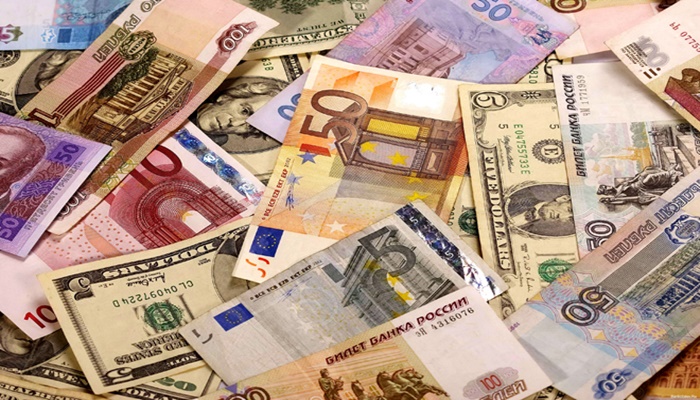Aggregate forex inflow to Nigerian economy falls by 30.4% Q3 –CBN
The aggregate forex inflow to the Nigerian economy dropped by 30.4 per cent to $30.83 billion in the third quarter of 2020 compared to the same period of 2019, the Central Bank of Nigeria (CBN) Third Quarter Economic Report has revealed.
However, the aggregate forex inflow based on quarter by quarter fared better as it declined modestly by 2.2 per cent to $21.95 billion.
Forex outflow from the economy declined by 57.3 per cent to $7.70 billion in the period under review relative to the third quarter of 2019, according to the CBN report.
The trend resulted from a slump in the outflow through the CBN and independent sources for the greater part of Q3 2020.
The CBN attributed the lull in economic activities to weaker demand for foreign exchange.
“The overall foreign exchange flow through the economy resulted in a net inflow of $14.05 billion, indicating increases of 5.7 per cent and 4.1 per cent over the net inflow of $13.29 billion in the preceding quarter and $13.50 billion in the corresponding quarter of 2019, respectively.
“The development was attributed to the gradual easing of the partial lockdown and improvement in economic activities in the third quarter of 2020,” the report said.
Forex inflow to the economy through the CBN contracted in the third quarter on account of fall in non-oil inflow.
Aggregate forex inflow through the apex bank came to $6.97 billion, representing a 30.7 per cent drop from the second quarter level and a 43.6 per cent fall from the figure reported in the same period of 2019.
The negative trend in forex inflow derived from a contraction in both oil and non-oil receipts by 9.7 per cent quarter-on-quarter and 44.7 per cent year-on-year.
“The decrease in non-oil receipts followed reversion to normal trend after the one-off International Monetary Fund (IMF) facility in the previous quarter, while that of oil receipts was as a result of the weak global demand for crude oil, owing to fragile global economic recovery.”
Nigeria’s foreign exchange reserves have been under pressure since April on account of the double whammy of a slump in oil prices and the coronavirus crisis.
It shed 4.85 per cent between May, when it stood at $36.6 billion, and 17th December, when it recorded a balance of $34.825 billion.




